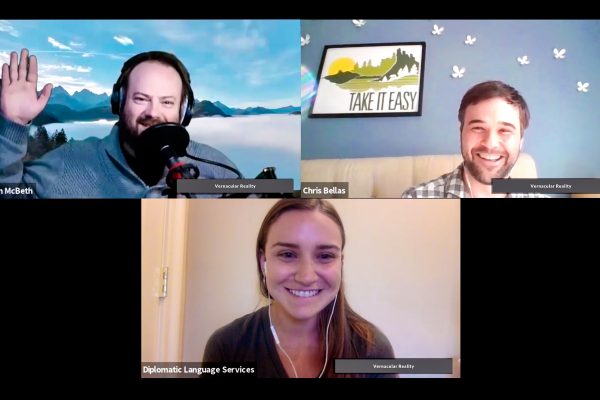If you have studied a foreign language before, you have probably noticed that some foreign words look similar – and in some cases identical – to English words. When this happens, the task of learning the new foreign word is made easier. In English and French, the word “jubilation” is spelled the same and has the same meaning. Voila! These kinds of words are called cognates (from the Latin cognatus, meaning “related”): they are derived from a common linguistic ancestor and – sometimes – have the same or very similar meanings. In the case of English and French, this ancestor language is usually Latin, but other pairs of languages have different ancestor languages. Cognates can make remembering new vocabulary much more efficient, saving time (and maybe even tuition money) for learning words that are not related and more difficult to remember. Of course, in order to be helpful, a cognate has to be easily recognizable, and this is not always the case. For example, the German word Tag is technically a cognate to the English word “day,” but linguistic phenomena have changed the words’ spellings over the centuries so that this link is not readily apparent to a beginning student. You should also be on the lookout for false cognates, which are words that may appear similar, and may even be linguistically related, but are used differently in different languages. To take an example from Spanish, the word actual means “current.” In English, the identically spelled word means “true” or “real” – very different meanings indeed.
Of course, in order the benefit from cognates, your native language and the language you are studying must share a common linguistic ancestor. Fortunately for English speakers, English draws heavily both from German and French. Therefore, an English speaker may recognize cognates from the romance languages (e.g. Spanish, French, Italian, and Romanian) as well as Germanic languages (e.g. German, Dutch, Flemish, and Danish).
Interested in Language Training? Learn more about our capabilities HERE.



